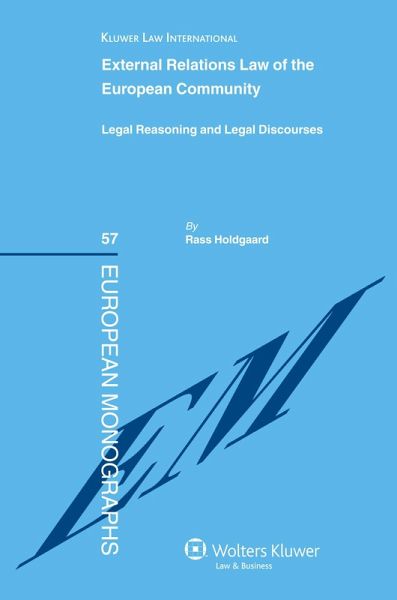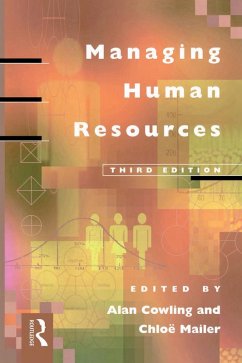
External Relations Law of the European Community (eBook, ePUB)
Legal Reasoning and Legal Discourses

PAYBACK Punkte
86 °P sammeln!
External Relations Law of the European Community begins by noting two common characteristics of legal analyses in the field of EU external relations. First, most legal analyses assume that EC external relations law cannot be studied or applied without a constant awareness of the underlying political dynamics. Yet, the same analyses fail to explain how these 'dynamics' are to be understood, assessed and systematically applied. Second, most legal analyses tend to focus only on narrow segments of the ECJ's case law, often taking as their points of departure individual cases or a group of topicall...
External Relations Law of the European Community begins by noting two common characteristics of legal analyses in the field of EU external relations. First, most legal analyses assume that EC external relations law cannot be studied or applied without a constant awareness of the underlying political dynamics. Yet, the same analyses fail to explain how these 'dynamics' are to be understood, assessed and systematically applied. Second, most legal analyses tend to focus only on narrow segments of the ECJ's case law, often taking as their points of departure individual cases or a group of topically related cases. This 'commentary' approach disregards the general inter-connectedness of legal structures and the recurring meaning configurations in the field. Against this backdrop, the author sets out to strengthen the legal language - both theoretically and practically - in the field of EC external relations. The first two parts of the book provide, with extensive references, an in-depth legal analysis of a wide range of topics pertaining to: the distribution between the EC and the Member States of norm-setting authority in their external relations, i.e. the rules that determine what the EC and the Member States can do (individually or together) in international relations; and the reception and application of rules of international law within the Community area, including the way in which international law enters Community law. In these parts of the book, the aim is to reconstruct the core areas of the Community's external relations law in a coherent and systematic manner. In the third part of the book, the author develops and applies a theoretical and methodological framework inspired by discourse analysis. This novel approach is used to identify and describe some of the most significant legal discourses in EC external relations
Dieser Download kann aus rechtlichen Gründen nur mit Rechnungsadresse in A, B, BG, CY, CZ, D, DK, EW, E, FIN, F, GR, HR, H, IRL, I, LT, L, LR, M, NL, PL, P, R, S, SLO, SK ausgeliefert werden.













